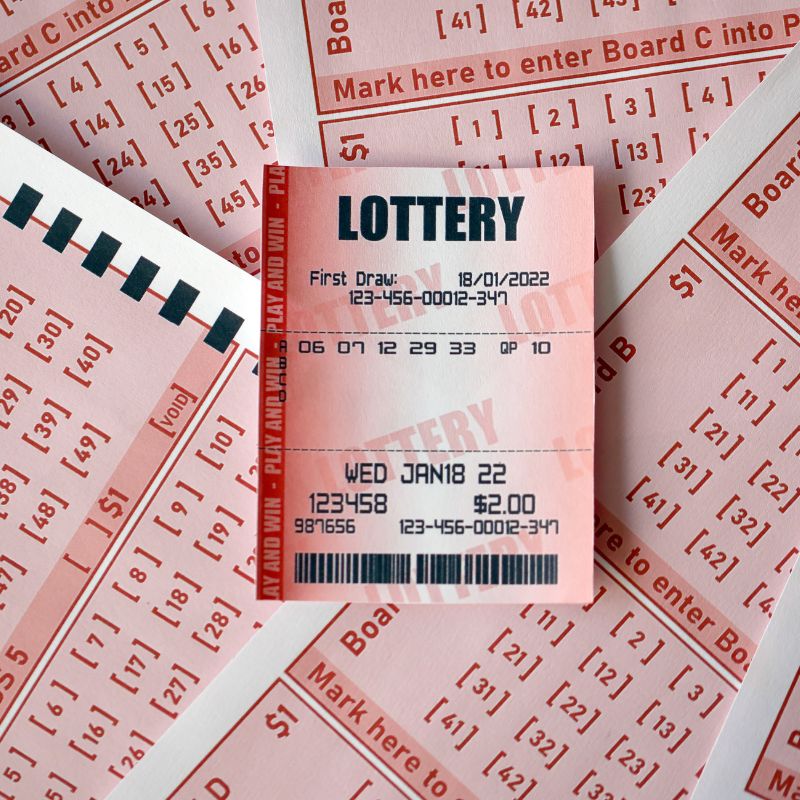On March 20, 2020, Rejoice and I spontaneously went Live on Facebook to share our thoughts about the Coronavirus pandemic.
(Don't worry. The photo of us hugging was taken months before the Coronapocolypse.)
In 2014, when the Ebola contagion was raging across West Africa, I was traveling in West Africa. The world was panicking. Some worried that it would kill hundreds of thousands, perhaps millions.
I thought most people were overreacting. Therefore, I wrote a prescient article called, "Don't Worry Too Much About Ebola."
I feel I could write the same article today about COVID-19.
Yes, Ebola and COVID-19 are different viruses.
COVID-19 spread far and fast; Ebola didn't.
Ebola's death rate was 53%. COVID's death rate is about 1%.
Still, the principle is the same.
Humans excel at detecting patterns.
However, we have a tendency of over projecting trend lines.
When we see a graph skyrocketing (or plummeting), we often believe (incorrectly) that the trend will continue for a long time.
It often doesn't.
Listen to my podcast with Rejoice. Sorry that her voice is sometimes hard to hear. She speaks softly.
Lastly, don't misunderstand me.
I'm not suggesting that we should ignore COVID-19 or that it's not serious. We should continue taking the extreme measures we're taking such as sheltering-in-place.
I'm simply saying that we shouldn't panic or believe that this contagion will kill tens of millions.
A few months ago, I gave my third TEDx talk, which was about the 7 surprising lessons I learned from picking up 3,000 African hitchhikers.
At the 14th minute, I shared a statistic that is relevant today during the #Coronapocolypse. I queued up the video link below to that moment in the talk.
Spoiler alert: Every year, 470,000 humans die worldwide from influenza.
Today, 14,000 have died worldwide from COVID-19.
That sucks, but even if 100 times more people die from COVID-19 than the flu (which would 1.4 million, that would mean that COVID-19 is only 3 times more deadly than our annual flu.
That would suck, but let's keep those statistics in mind before we all jump off a moderately tall building.
One of my listeners wrote:
I’m not so worried about the spread of the virus but the fall out from it. How do we deal with the loss of income and savings? How do we protect populations at greatest risk financially and who, how or when do we have to start repaying on the trillion-dollar bailout plan? Everything comes due. You can’t just print a trillion dollars and give it away with no strings attached, can you?
Tamy, you're absolutely right.
The economic devastation is spectacular and troublesome.
Here's a morbid thought: what if policymakers calculate that losing 3.5% of the world population is less costly than having the planet nearly shut down economically for several months?
COVID-19 kills the elderly the most. From a purely economic viewpoint, that's far "better" than the Spanish Flu, which killed young people more than the old.
One person joked to me, "The Coronavirus might solve our social security problem."
In short, you could certainly argue that the-cure-is-worse-than-the-disease.
In other words, slamming the brakes on the economy may produce more deaths and other woes than if we let the pandemic run its course.
When people are jobless, their (mental) health declines.
Some argue that one human life is priceless, but that's false.
Insurance companies put a price tag on human life all the time.
Is losing 50 million old people worse than sending us into a worldwide depression, which then gives rise to Adoph Hitler II, who starts World War III.
Crazy leaders often arise out of economic hardship.
Viruses often decline in the warm months.
So we may see a decline in the spring and then a second wave of deaths in December 2020.
I suspect that in April 2020, global patience will get exhausted and people will say, "Fuck it. I need to get back to work."
At some point, people will say, "Yes, we've lost a few million people, but we've lost trillions of dollars and wrecked billions of lives. It's not worth sheltering in place. Let's go back to normal."
It reminds me of our response to 9/11.
That tragedy cost billions of dollars and cost 3,000 innocent lives.
However, our response to it cost $5 trillion and cost tens of thousands of innocent lives in the Middle East (and thousands of US military too).
It would be "cheaper" to take another 9/11 event every decade than to wage this expensive war.
These are all controversial thoughts, but I never was politically correct.
More info
You can post comments, ask questions, and sign up for my newsletter at http://wanderlearn.com.
If you like this podcast, subscribe and share!
On social media, my username is always ftapon. Follow me on:
- http://facebook.com/ftapon
- http://twitter.com/ftapon
- http://youtube.com/user/ftapon
- http://pinterest.com/ftapon
- http://tumblr.com/ftapon
My Patrons sponsored this show!
Claim your monthly reward by becoming a patron at http://Patreon.com/FTapon
Rewards start at just $2/month!
If you prefer to do a one-time contribution, you can send it to my PayPal at
If you prefer giving me Bitcoin, then please send BTC to my tip jar: 3EiSBC2bv2bYtYEXAKTkgqZohjF27DGjnV





